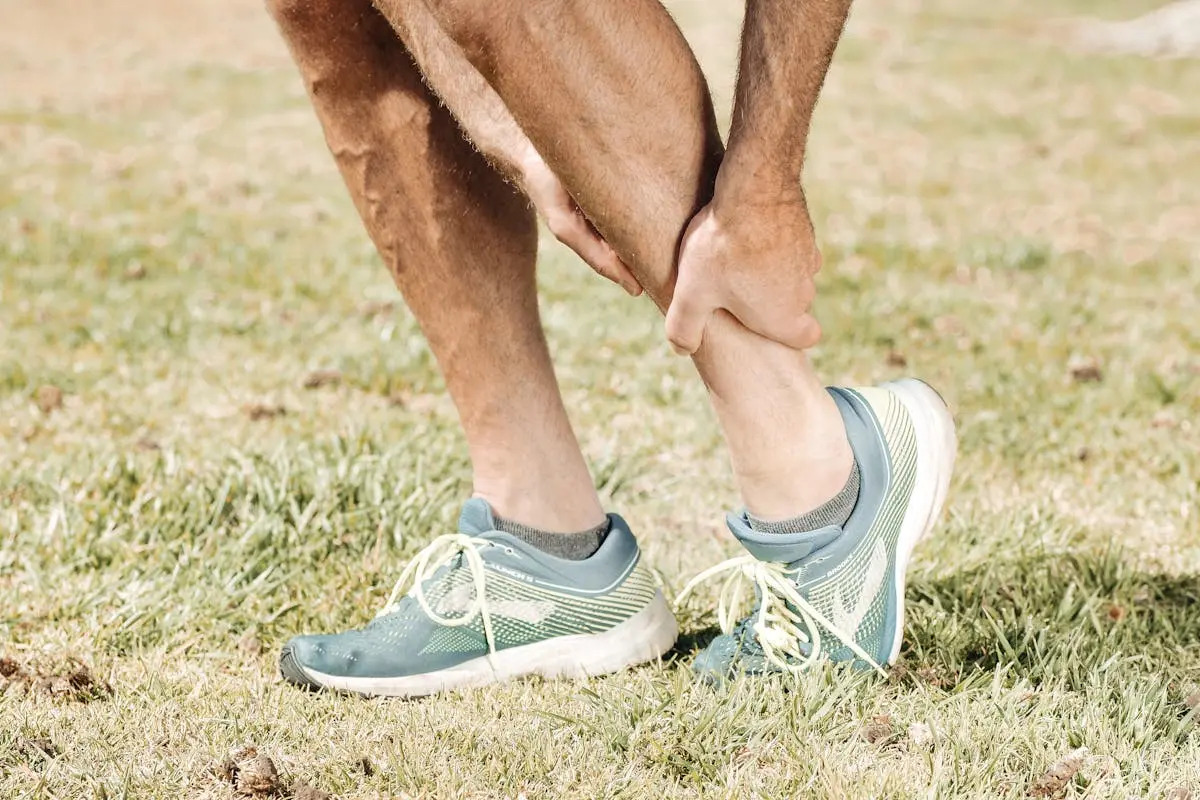
Sports Rehabilitation: A Key Factor in Recovery for Athletes
Sports rehabilitation plays a crucial role in helping athletes recover from injuries and improve their performance. Understanding the components and benefits of effective rehabilitation can significantly enhance recovery timelines and performance levels. In this blog, we will explore various aspects of sports rehabilitation, its significance, and how it aids athletes in their journey back to peak condition.
Understanding Sports Rehabilitation
At its core, sports rehabilitation involves a series of processes aimed at restoring an athlete’s function and promoting recovery after physical injuries. It integrates various disciplines such as physiotherapy, strength conditioning, and biomechanics to tailor a recovery program suited to individual needs. The key to effective sports rehabilitation lies in recognizing that each athlete’s body responds differently to injury; thus, a personalized approach is vital.
Additionally, sports rehabilitation focuses not just on physical recovery but also on educational strategies that inform athletes about their condition. Athletes learn the importance of listening to their bodies and the signs that indicate they are ready to advance in their recovery journey. By fostering an understanding of how the body heals, athletes can become proactive participants in their rehabilitation process.
The Role of Physiotherapy in Recovery
Physiotherapy is a cornerstone of sports rehabilitation, centering on the assessment and treatment of musculoskeletal injuries. Through targeted exercises and modalities, physiotherapists assist athletes in easing pain and rebuilding strength. For example, they implement techniques such as manual therapy and ultrasound, often complemented by stretching exercises to enhance flexibility. This dual approach helps not only in pain relief but also works towards restoring function and performance.
Moreover, physiotherapists play a crucial role in educating athletes about injury prevention. They provide guidelines on safe practices and techniques tailored to the specific sport, which helps minimize the risk of future injuries. This proactive education empowers athletes to care for their bodies and understand the signs of overexertion or misuse.
Importance of Customized Rehabilitation Plans
A one-size-fits-all approach to rehabilitation can be detrimental, as every injury and athlete are unique. Customized rehabilitation plans take into account the individual’s specific injury, recovery goals, and sport demands. This tailored approach not only improves recovery rates but also enhances performance outcomes. Athletes are more likely to adhere to a program they feel is designed with their personal needs in mind.
The process of creating a customized plan typically involves a comprehensive assessment that evaluates the extent of the injury, physical capabilities, and psychological readiness. By incorporating input from various professionals such as coaches, athletic trainers, and sports psychologists, a holistic rehabilitation strategy can be crafted, leading to improved results and a smoother transition back to competitive sport.
Rehabilitation Techniques Used by Professionals
Professional sports rehabilitation employs an array of techniques to facilitate recovery and enhance performance. One effective method is proprioceptive training, which develops the athlete’s balance and body awareness. This technique becomes particularly important for athletes returning from lower limb injuries, as it directly influences their stability and reaction time.
Additionally, strength training is often incorporated into rehabilitation programs. This not only aids in regaining lost muscle but also in building resilience against future injuries. Techniques such as resistance bands, weightlifting, and functional movement patterns are employed to ensure that athletes regain their strength progressively while monitoring their pain levels closely.
Furthermore, rehabilitative modalities like cryotherapy and heat treatment are also integrated to reduce inflammation and promote circulation. The combination of these techniques highlights the complexity of rehabilitation and the expertise required by professionals to guide athletes back to full capacity.
The Psychological Aspect of Rehabilitation
Injuries can take a significant psychological toll on athletes, leading to feelings of frustration, anxiety, or even depression. Therefore, addressing the psychological aspects of sports rehabilitation is essential for complete recovery. Mental resilience training, guided imagery, and mindfulness techniques are often employed to help athletes cope with the emotional challenges that arise during rehabilitation.
Building a positive mindset is crucial. Athletes who engage in psychological support are more likely to stay focused and committed to their rehabilitation goals. This mindset fosters a stronger connection to their physical recovery, which is a critical factor in reducing recovery time and enhancing motivation throughout the process.
Preventing Future Injuries Through Rehabilitation
Prevention is an integral part of sports rehabilitation, as it aims to identify risk factors that could lead to future injuries. During rehabilitation, professionals assess movement patterns, strength imbalances, and psychological readiness to determine the potential for re-injury. By addressing these aspects, rehabilitation not only focuses on recovery but also empowers athletes to fortify their bodies against future setbacks.
Education plays a pivotal role in injury prevention, as athletes learn to recognize warning signs and engage in dynamic warm-up protocols. These preparedness strategies, coupled with a solid rehabilitation plan, create a sustainable roadmap for athletes to not only recover but flourish in their respective sports, ultimately extending their careers.
Our experienced physiotherapists will be able to help you at all stages of your recovery and we highly recommend making an appointment to discuss your rehabilitation needs:
http://www.replayperformance.com
https://kingsbridgeprivatehospital.com/consultants/shea-mcaleer/



